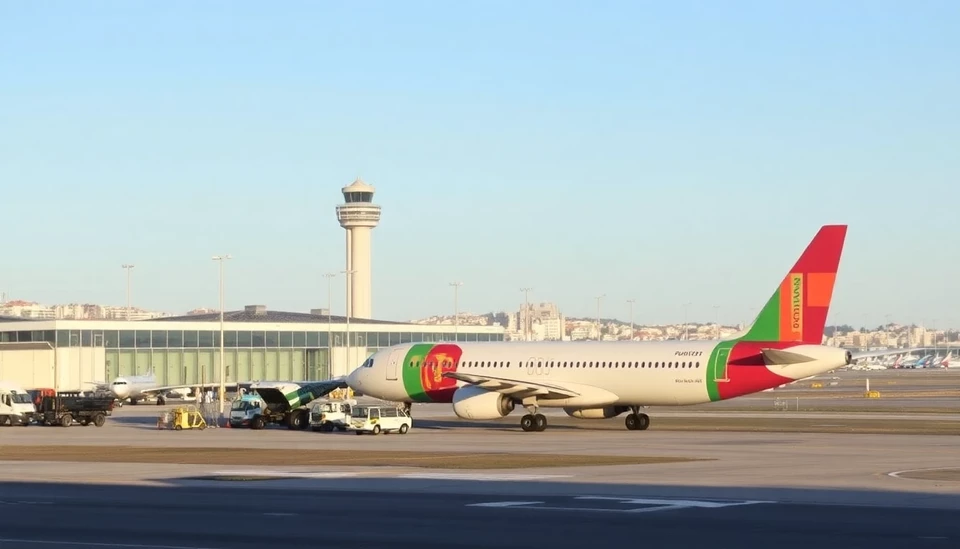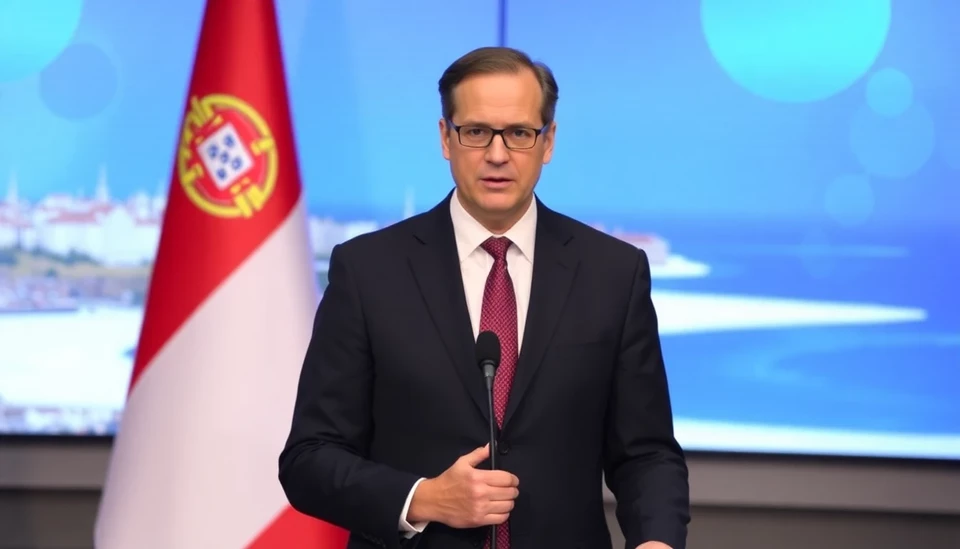
In a strong assertion of its strategic transport vision, Portugal has made it abundantly clear that Lisbon's Humberto Delgado Airport will continue to function as a vital hub for global and domestic travel. The urgency of this declaration comes in light of ongoing discussions surrounding the expansion and modernization of the airport. Authorities, including the Secretary of State for Infrastructure, have reinforced the idea that any plans for improvement must not come at the expense of the airport's existing operation as a key international gateway.
Despite mounting pressures from various sectors advocating for alternative strategies and location options for enhanced airport traffic management, the Portuguese government's commitment to Lisbon Airport remains resolute. There are compelling reasons for this decision. Lisbon's geographical position places it advantageously for connecting flights to numerous destinations across Europe, Africa, and the Americas, thus benefiting both the local economy and international trade.
At a recent press conference, TSF, a prominent Portuguese news outlet, highlighted that amidst evolving demands from aviation stakeholders and urban planners, the government is prioritizing the reinforcement of Lisbon Airport's operational capabilities. This includes improving efficiency and services rather than sidelining the site for a possible new airport or expanded infrastructure elsewhere.
Furthermore, the Secretary of State emphasized the importance of maintaining Lisbon as a hub for low-cost airlines and traditional carriers alike. He acknowledged the significant role the airport plays in attracting tourists, which is a cornerstone for Portugal’s economy, especially post-pandemic. The vitality of the tourism sector is paramount, and consolidating air travel through Lisbon is viewed as essential to sustaining its recovery and future growth.
Industry experts have voiced support for the government’s decision, resonating with the idea that enhancing Lisbon's airport capabilities would bolster not only air traffic but also encourage investment in the region. New technologies, better logistical frameworks, and seamless travel experiences are on the horizon as local authorities prepare for the airport's modernization efforts.
However, challenges lie ahead. Concerns about environmental impact, urban development, and community disruptions have been raised by citizens and environmental advocates alike. These voices have called for a balanced approach that prioritizes sustainability while accommodating the increasing demand for air travel. A comprehensive strategy that addresses these concerns while facilitating airport growth is yet to be fully articulated by the government.
The discourse surrounding Lisbon Airport continues to evolve, yet the Portuguese government’s stance indicates a clear intent to elevate its operations without seeking to detract from its foundational role in the country’s transport infrastructure. As stakeholders engage in ongoing dialogue, a collaborative approach will be essential in navigating the complexities of air travel and urban context in the years to come.
In summary, while the future of Lisbon's Humberto Delgado Airport is being discussed with a focus on expansion, Portugal's government remains steadfast in its efforts to ensure that the hub remains a central player in the global air transport landscape. Observers are keenly watching how plans unfold and what adjustments are made in light of community input and environmental considerations.
#Portugal #LisbonAirport #AviationNews #Travel #Infrastructure #Tourism #Economy #Sustainability #TransportHub
Author: John Harris




